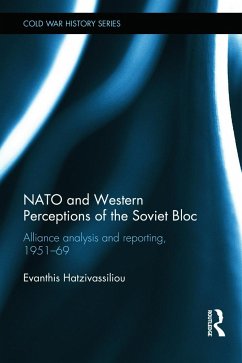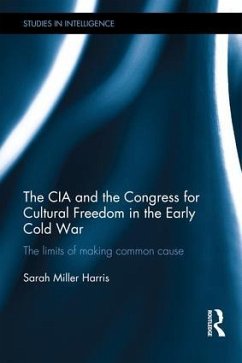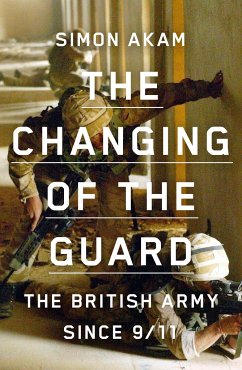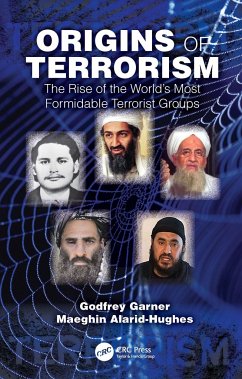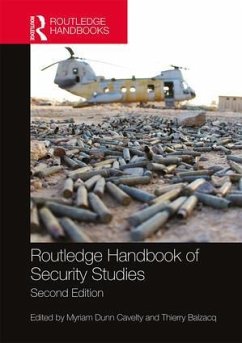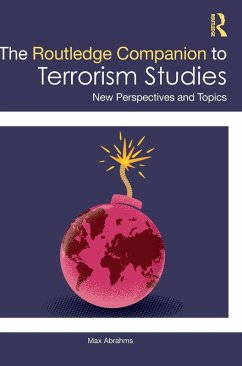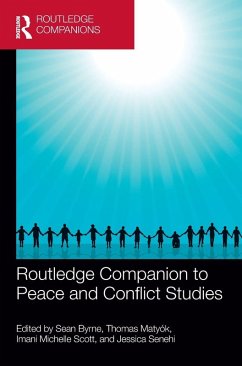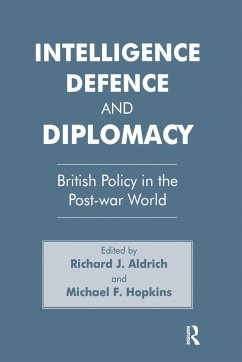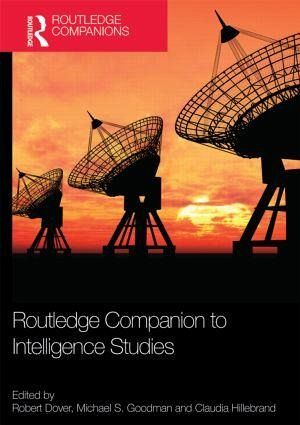
Gebundenes Buch
Routledge Companion to Intelligence Studies
Versandkostenfrei!
Versandfertig in über 4 Wochen

PAYBACK Punkte
140 °P sammeln!




The Routledge Companion to Intelligence Studies provides a broad overview of the growing field of intelligence studies.
Robert Dover is Senior Lecturer in International Relations and Director of Taught Postgraduate Programmes at Loughborough University. He is author of The Europeanization of British Defence Policy 1997-2005 (2007) and co-author, with Michael S. Goodman, of Spinning Intelligence: Why Intelligence Needs the Media, Why the Media Needs Intelligence (2009). Michael S. Goodman is Reader in the Department of War Studies at King's College London. He is author of Spying on the Nuclear Bear: Anglo-American Intelligence and the Soviet Bomb (2008), and co-author of Spinning Intelligence: Why Intelligence Needs the Media, Why the Media Needs Intelligence (2009). Claudia Hillebrand is Lecturer in the Department of International Politics at Aberystwyth University. She is author of Counter-Terrorism Networks in the European Union: Maintaining Democratic Legitimacy after 9/11 (2012).
Produktdetails
- Verlag: Taylor & Francis
- Seitenzahl: 366
- Erscheinungstermin: 22. August 2013
- Englisch
- Abmessung: 246mm x 175mm x 25mm
- Gewicht: 816g
- ISBN-13: 9780415507523
- ISBN-10: 0415507529
- Artikelnr.: 34159105
Herstellerkennzeichnung
Libri GmbH
Europaallee 1
36244 Bad Hersfeld
gpsr@libri.de
Für dieses Produkt wurde noch keine Bewertung abgegeben. Wir würden uns sehr freuen, wenn du die erste Bewertung schreibst!
Eine Bewertung schreiben
Eine Bewertung schreiben
Andere Kunden interessierten sich für


